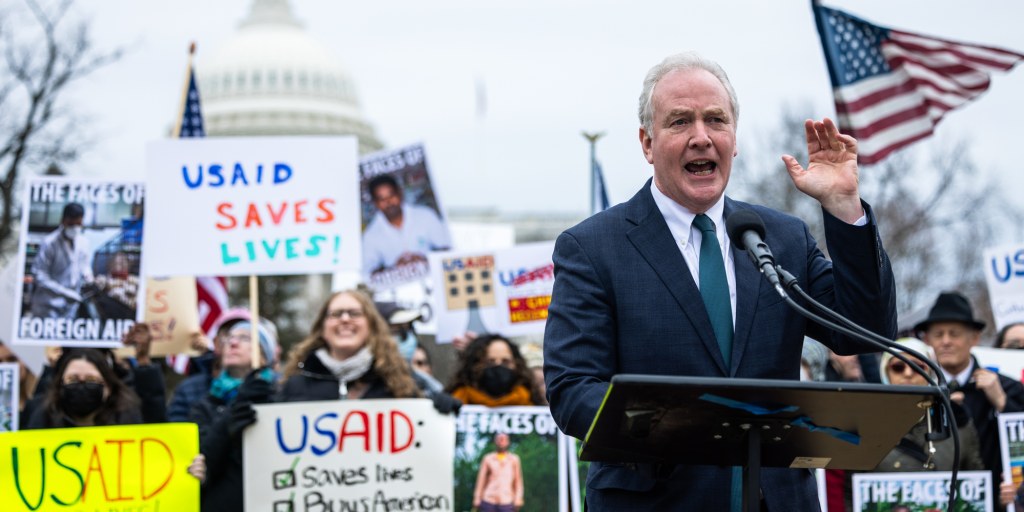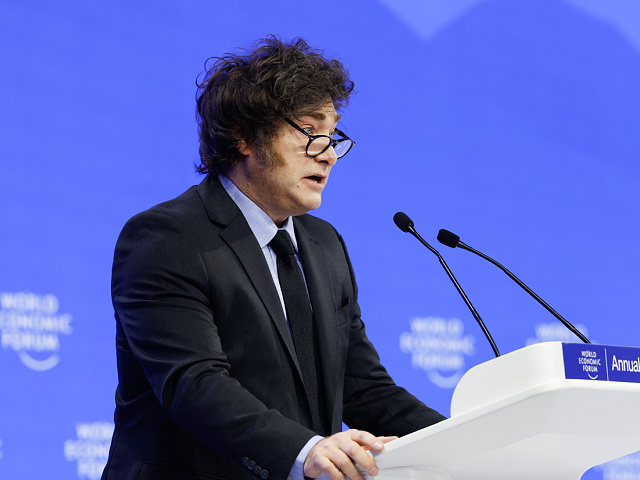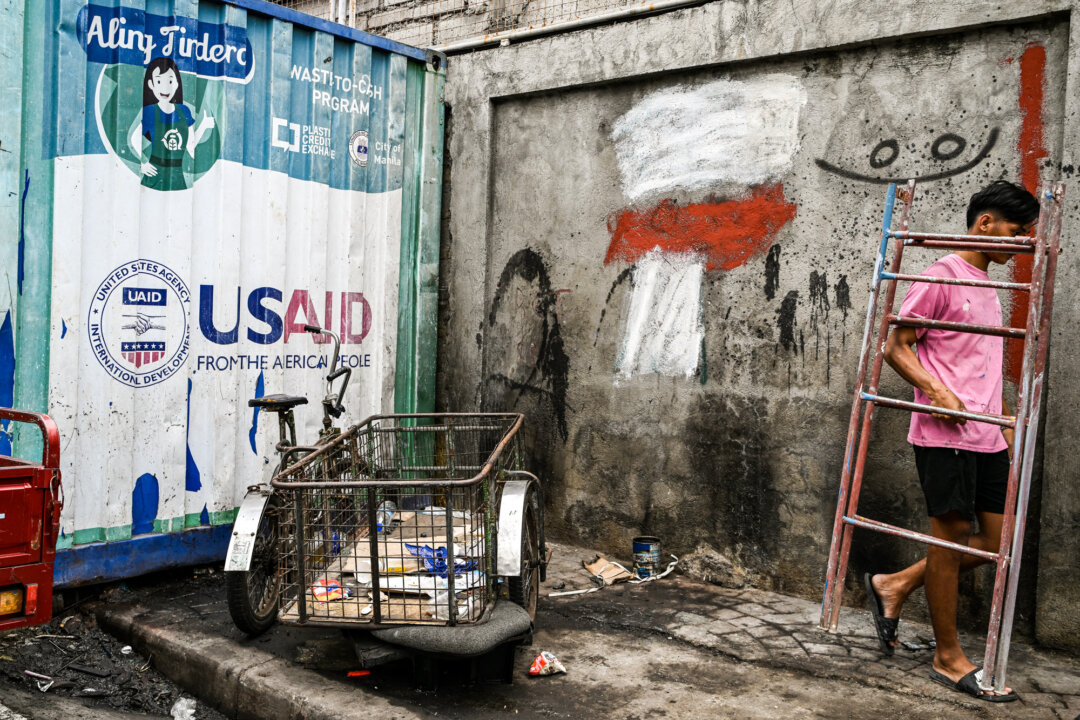Jimmy Butler Traded to Golden State Warriors by Miami Heat

Miami Heat have traded star player Jimmy Butler to the Golden State Warriors in a multi-team deal, concluding a tumultuous relationship marked by suspensions and recent discontent.
The Jimmy Butler saga is finally over for the Miami Heat.
The three-time NBA champions reportedly agreed to trade the six-time All-Star to the Golden State Warriors on Wednesday in exchange for Andrew Wiggins, Dennis Schröder, Kyle Anderson, and a protected first-round pick, per ESPN's Shams Charania.
This ended up being a multi-team deal:
This comes after a total breakdown in the relationship between the Heat and their best player. Butler was suspended on three different occasions, with the most recent being for an indefinite period, effectively sealing his exit.
Things were always going to come to a head sooner or later.
Butler had a $52.4 million player option for 2025-26, meaning he was entering the final year of his contract. Charania reported in June for The Athletic he refrained from signing an extension with the Heat with an eye toward free agency.
By mid-December, Charania reported Miami was at least entertaining trade offers while Butler was signaling his preference to be traded by the Feb. 6 deadline. Barry Jackson and Anthony Chiang of the Miami Herald noted his disappointment that the team "did not publicly deny" listening to trade talks.
Then came Butler's now-infamous press conference in which he stated he lost his "joy" on the court and didn’t think he would rediscover it in Miami. A report on his desire for a trade soon followed.
In general, the Heat had been reluctant to surrender for even one season, with Pat Riley leading the front office, and trading Butler would primarily indicate a step back.
ESPN's Bobby Marks noted that the current collective bargaining agreement provides a broad incentive for resisting trade overtures and allowing a star to walk in free agency.
The discussions around re-signing Butler required serious deliberations for Miami. Many factors complicated the idea of simply offering the most money at the earliest opportunity.
ESPN's Ramona Shelburne laid out how the Heat allowed Butler privileges you'd expect for a star player, yet over time, the agreement seemed less valuable for Miami, especially with the significance of "Heat Culture" in its identity.
In retrospect, a comment made by Riley in his exit interview last spring was telling. It was an emphatic rebuke of a star player, and Jackson and Chiang reported that Butler was "caught off guard" by Riley's remarks, which might have been a point of no return.
There is no doubt that the 6'7" forward has made his former teams pay for any expressed reservations about his value.
The Chicago Bulls didn't see him as a foundational cornerstone and have regretted it since. His contract issues with the Minnesota Timberwolves led to significant setbacks for the organization. Philadelphia 76ers fans wished for what might have been had they chosen him over Ben Simmons.
Butler is also the main reason the Heat once again became a title contender. In the five years after Miami's Big Three era, the team made the playoffs only twice and didn’t advance past the second round on both occasions.
He had a strong case to approach the front office asking for a max contract. However, the Heat had a solid rationale to negotiate the terms rather than automatically placing a max offer on the table.
Butler averaged 20.8 points, 5.3 rebounds, and 5.0 assists in 2023-24. He shot 49.9 percent overall and 41.4 percent from beyond the arc. His scoring averages and field-goal percentages dipped a bit from 2022-23.
While his scoring (17.0 points) appears to be continuing downwards, he has become more efficient as a shooter (54.0 percent overall) in 2024-25.
The fact that Butler played only 60 games last season reflects a troubling trend. Since being traded to Miami, he hasn't logged more than 64 appearances in a single season.
Butler tends to withhold some performance during the regular season to save his best for the playoffs. While this strategy sounds promising, it is apparent that the Heat have struggled, landing in the play-in tournament for the past two years.
The 2024 playoffs challenged the belief that Butler and Miami could simply turn up their game when it mattered most.
If he insisted on a max contract extension, moving on from the accomplished two-way star would likely be the smarter long-term choice. Due to concerns about his age and the constraints of the current collective bargaining agreement, the front office would need to be diligent in future spending. Committing to Butler beyond 2025 may have left Miami in a similar situation, but with diminishing returns.
This represents a shift for Riley, known for his aversion to rebuilds. There seemed no way Miami could trade Butler without taking a step back.
The Heat hope they aren't the next franchise to regret the day they parted ways with Jimmy Buckets.
For the Warriors, they hope Butler is the star who pushes them toward one more championship with Stephen Curry.
Since winning the 2022 NBA Finals, Golden State lost in the conference semifinals and then missed the postseason entirely. The front office recognized the need for major changes after parting ways with Klay Thompson last summer, and previous attempts to acquire Paul George or Lauri Markkanen during the 2024 offseason were unsuccessful.
Acquiring Butler carries inherent risks, as going all-in can complicate the future rebuilding process once Curry is gone. However, the Warriors were limited in how much they could enhance the support around Steph, making this move possibly the best they could achieve.


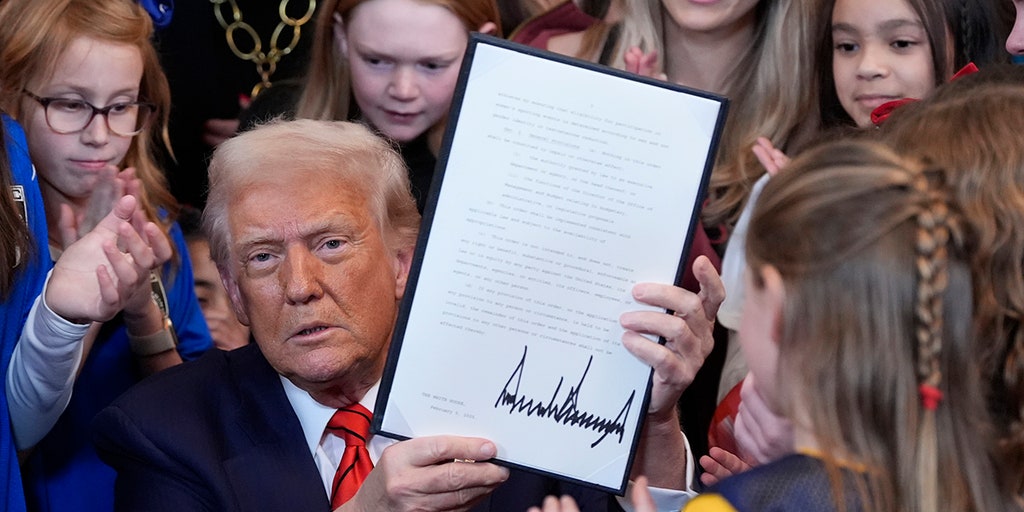


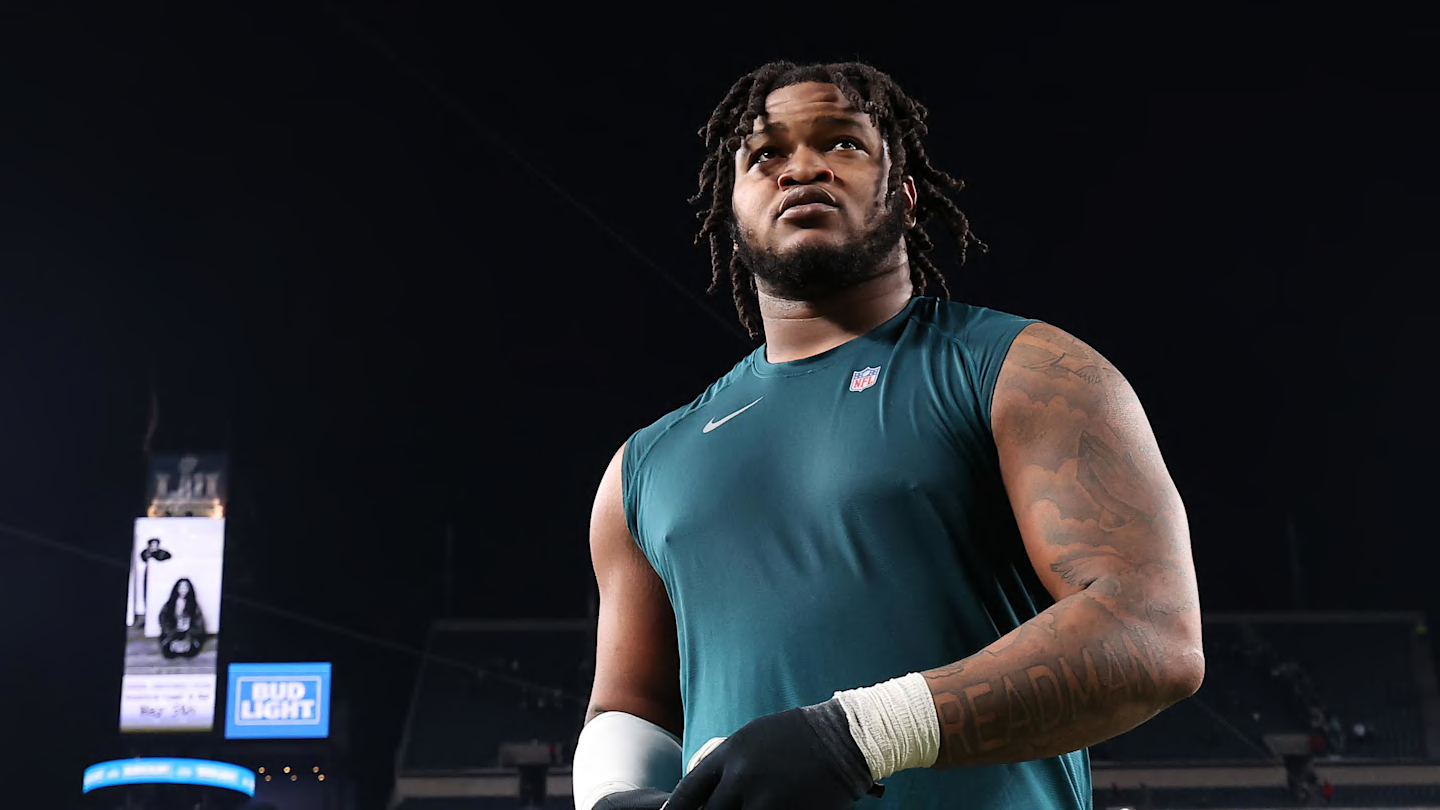

:max_bytes(150000):strip_icc():focal(911x232:913x234)/austen-kroll-girlfriend-audrey-pratt-main-020625-6302d0bc89ca4fdcb7062dd506d45202.jpg)


